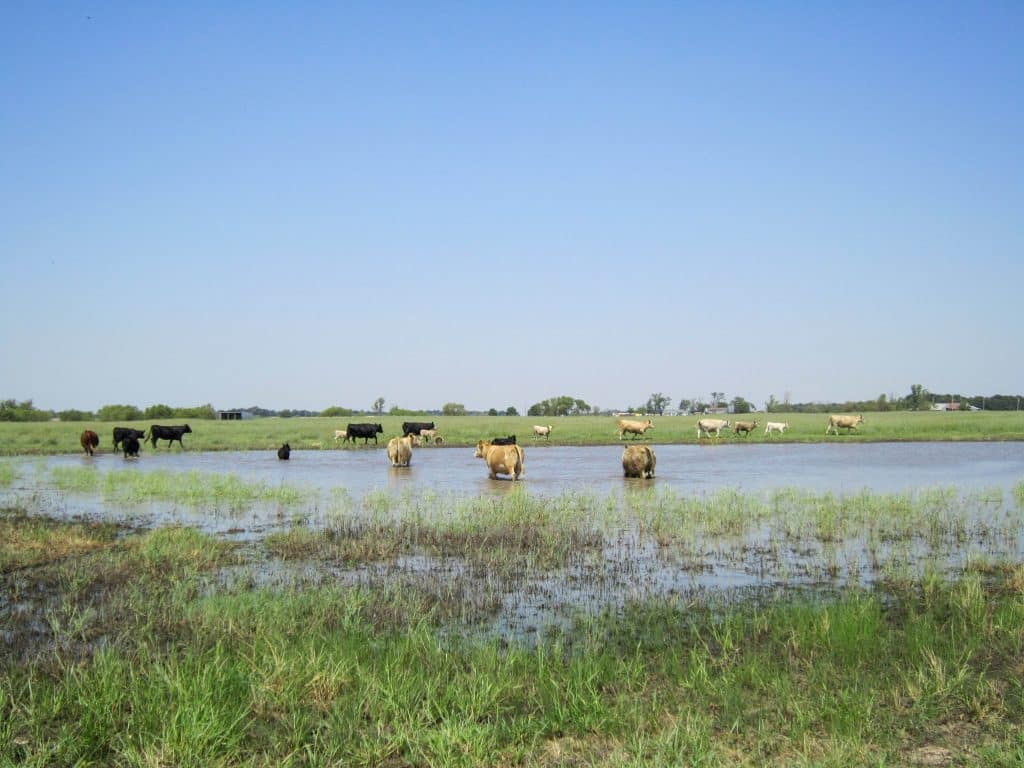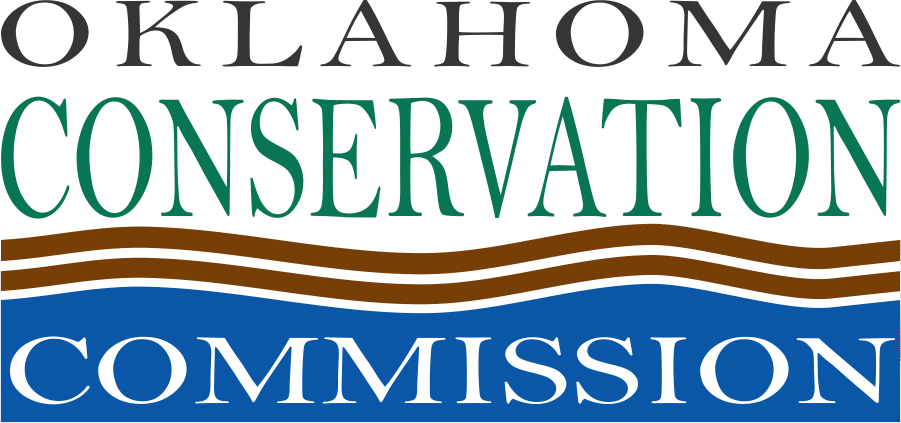About the Oklahoma Wetlands Program
Many of our priorities are guided by our Wetland Program Plan, a strategy document that is developed through collaboration with the Oklahoma Wetland Technical Work Group (OWTWG). The OWTWG includes local, state and federal agencies, non-profit organizations, and tribes who partner to manage wetland resources and deliver conservation in Oklahoma.
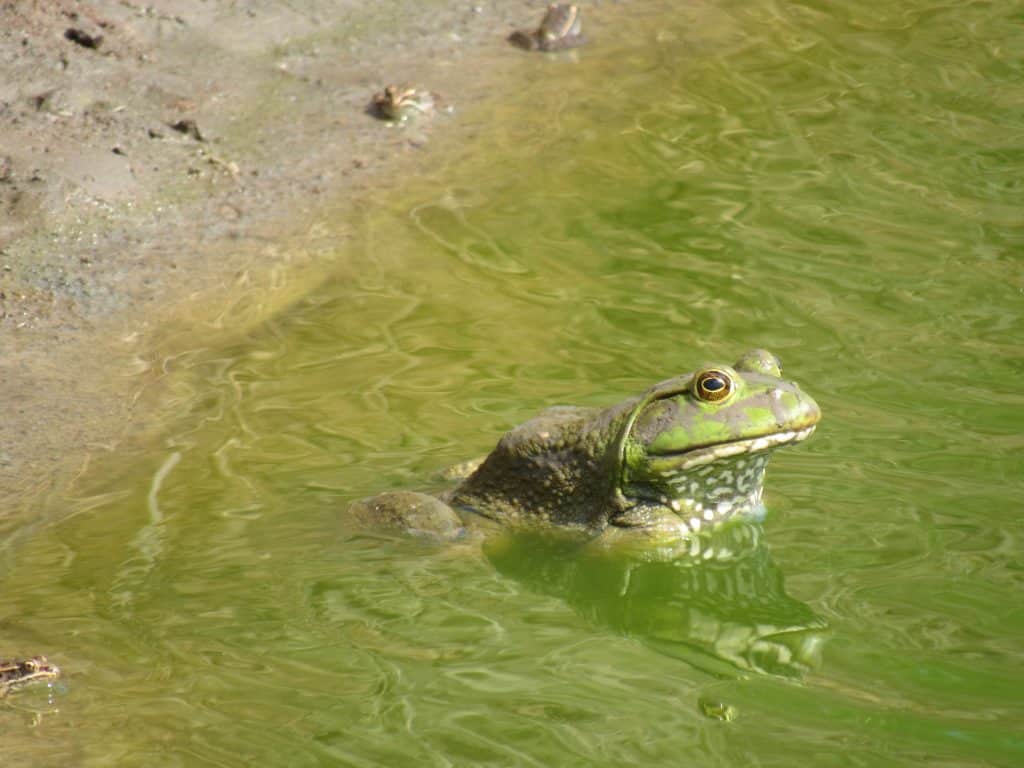
Educational Resources
The first step towards maintaining healthy wetlands is a citizenry that understands their value. OCC encourages wetland education to inspire conservation through:
- Development of outreach materials, and
- Support of the Project WET program, which provides science-based water education resources for formal and non-formal educators.
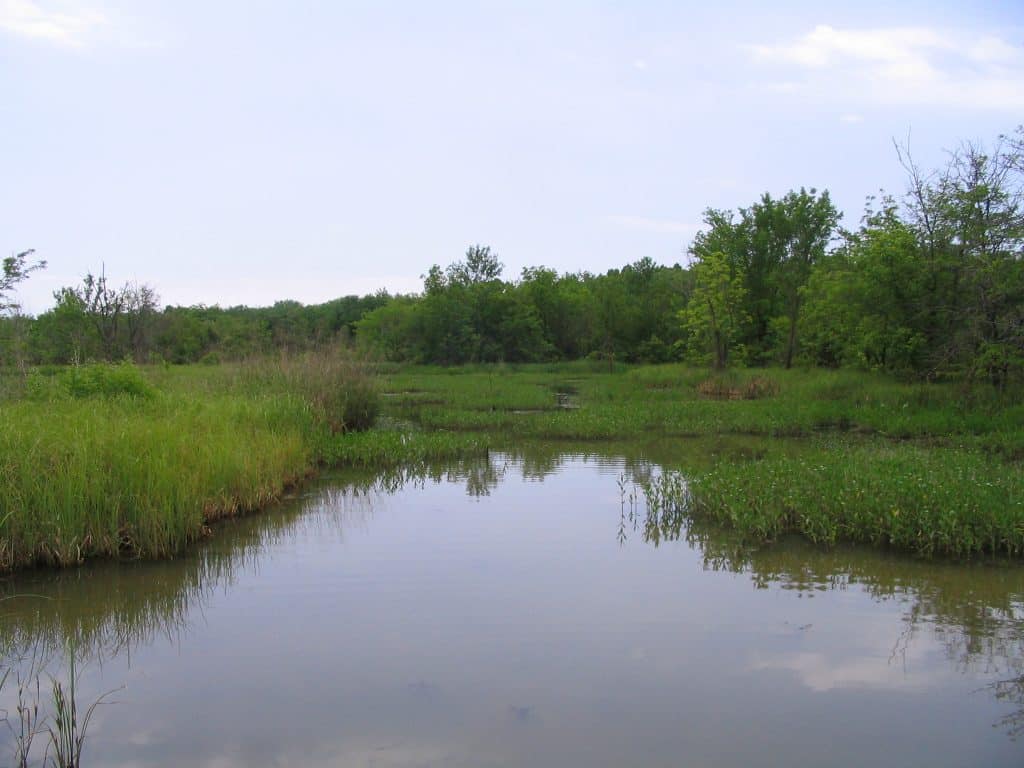
Voluntary Restoration
OCC, in cooperation with local conservation districts and a broad-array of project partners, offers several programs that may provide financial and technical assistance to landowners interested in restoring or enhancing a wetland. Services include:
- Invasive species removal and native plant restoration,
- Waterfowl habitat improvement,
- Wetland easements,
- Playa and depressional wetland restoration,
- Restoration of wetland hydrology, and
- Prairie and riparian restoration adjacent to wetlands.
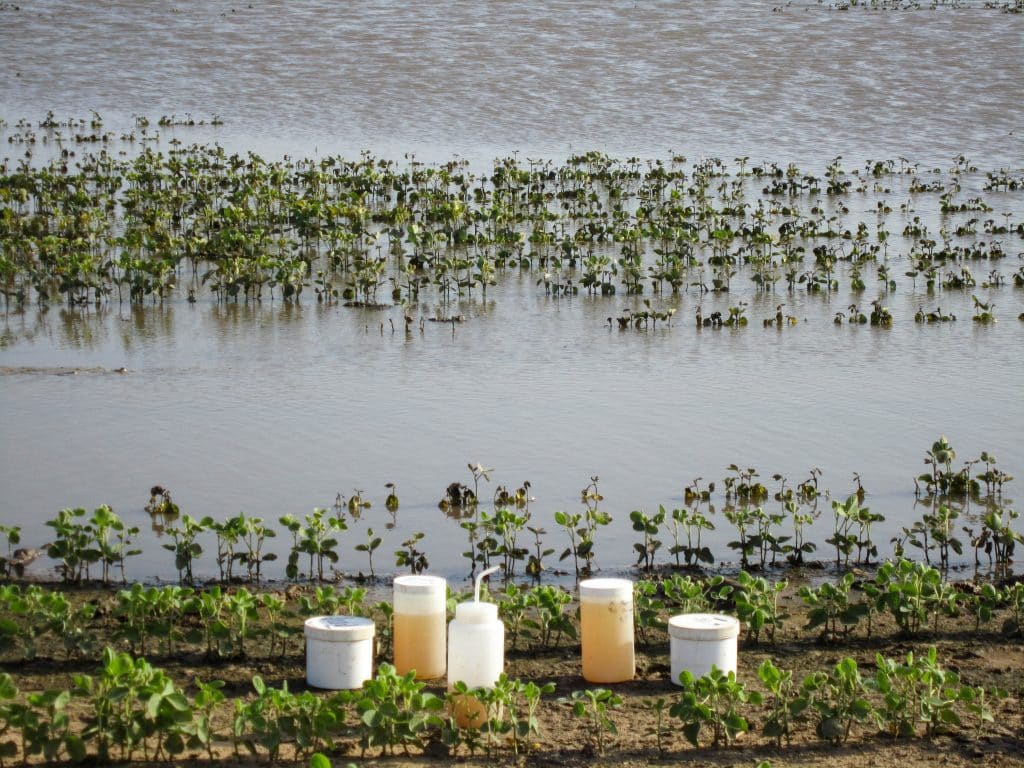
Science Applications
To improve tracking of the location and condition of Oklahoma’s wetlands, the OCC Wetlands Program:
- Developed and continues to apply a condition-based wetland assessment called the Oklahoma Rapid Assessment Method (OKRAM), which can be used to track post-restoration success, and provide a condition summary of wetlands statewide,
- Developed and continues to apply the Restorable Wetlands Identification Protocol (RWIP), a desktop method used to locate where wetland restoration is most likely suitable based on soils, hydrology and topography, and
- Leads the Oklahoma portion of the National Wetlands Condition Assessment (NWCA) every five years, which provides a summary of the nation’s wetland resource, and
- Updates the National Wetlands Inventory (NWI) map in dynamic landscapes to ensure the map remains current for Oklahoma.
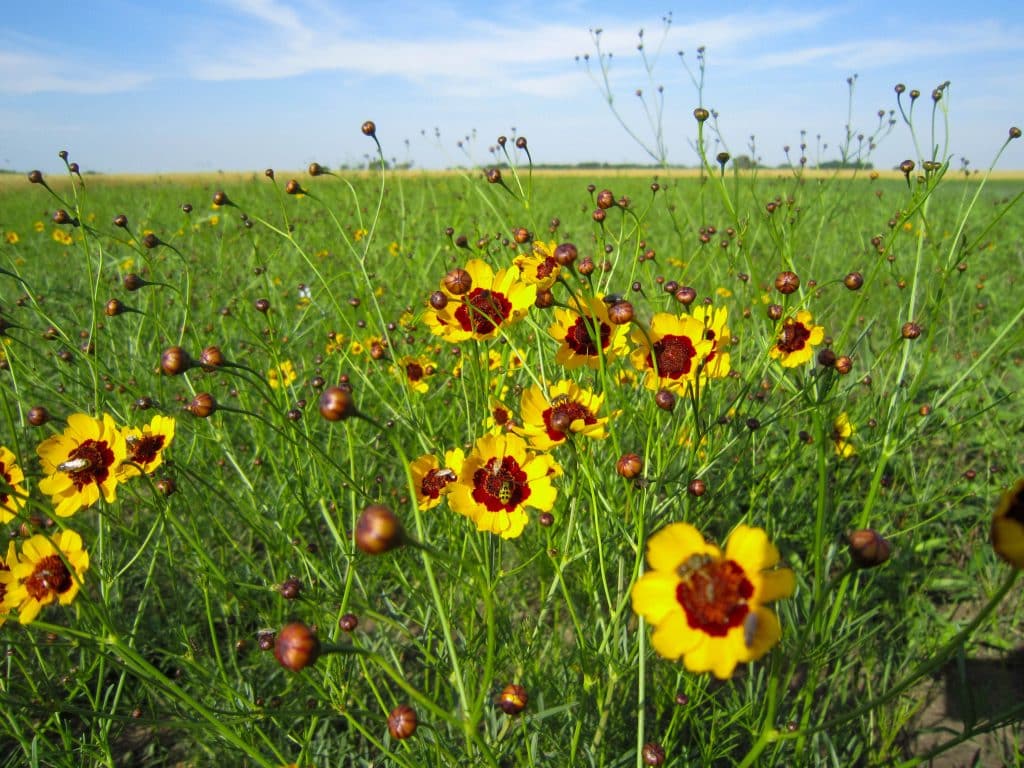
Wetland Management
Contact Us
Science Inquires
Restoration Inquiries
General Inquiries
